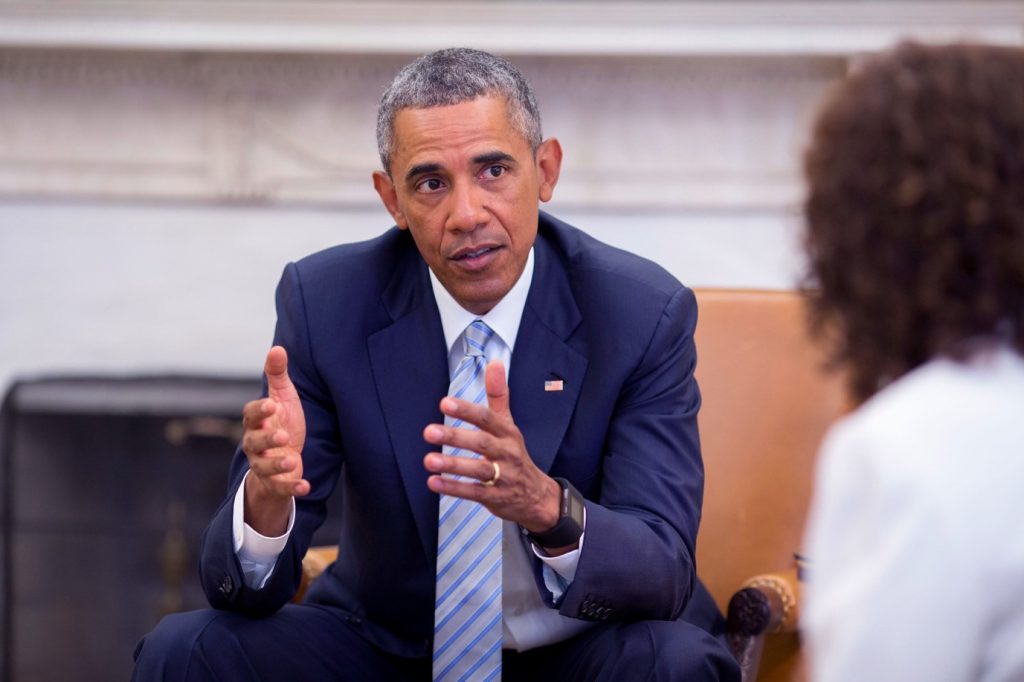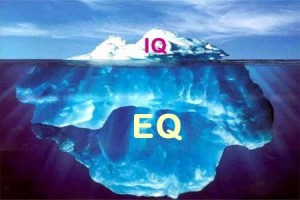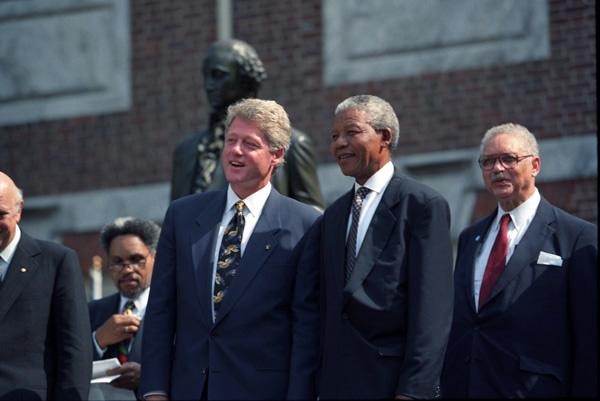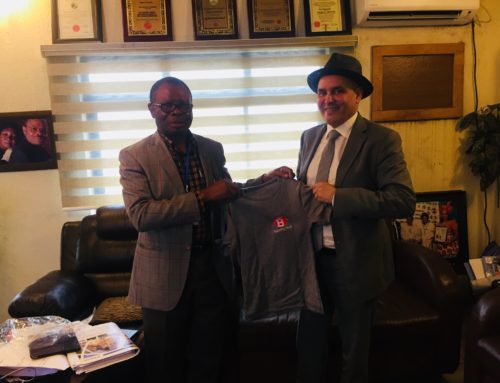It is that time of the year again, when everybody is sharing and spending time with family and loved ones. So, we decided to compose a gift of knowledge. Knowledge is power, and we feel it is the second best gift in the world!
It is no new knowledge that IQ and technical skills are important for leadership. However, some people aren’t aware of the fact that, the sine qua non of leadership is emotional intelligence. In essence, “what distinguishes great leaders from merely good ones isn’t IQ or technical skills, says Daniel Goleman. It’s emotional intelligence: a group of five skills that enables the best leaders to maximize their own and their followers’ performance”.
Company A, recognized the importance of emotional intelligence, and how it could help their performance. So they decided to have a critical mass of emotionally intelligent capabilities as senior managers within several divisions. This move saw each division outperform yearly earnings goals by 20%.

We all love to see an increase in performance, therefore, it is imperative that we know and develop the group of five skills that progress emotional intelligence.
- Self-awareness – knowing one’s emotions, strengths, weaknesses, drives, values, and goals -and their impact on others. E.g. A manager who knows that tight deadlines bring out the worst in him. So He plans his time to get work done well in advance.
- Self-regulations – controlling or redirecting disruptive impulses and moods. E.g. When a team botches a presentation, its leader resists the urge to scream. Instead, she considers possible reasons for the failure, explains the consequences to her team, and explores solutions with them
- Motivation – being driven to achieve for the sake of achievement. E.g. A portfolio manager at an investment company sees his fund tumble for three consecutive quarters and major clients defect. Instead of blaming external circumstances, she decides to learn from the experience – and engineers a turnaround.
- Empathy – Considering others’ feelings especially when making decisions – understanding other people’s emotional makeup. E.g. An American consultant and her team pitch a project to a potential client in Japan. Her team interprets the client’s silence as disapproval and prepares to leave. The consultant reads the client’s body language and senses interest. She continues the meeting, and her team gets the job.
- Social skills – Managing relationships to move people in desired directions – building rapport with others. E.g. A manager wants his company to adopt a better internet strategy. He finds kindred spirits and assembles a de facto team to create a prototype website. He persuades allies in other divisions to fund the company’s participation in a relevant convention. His company forms an internet division – and puts him in charge of it.
Everyone is born with some level of emotional intelligence skills. But, we’ve got to strengthen these abilities through persistence, practice, and feedback from colleagues or coaches.
So I implore you to develop your emotional intelligence skills, as it will also help you in efficiently managing your work and life demands.
References:
Daniel Goleman (1998) What makes a leader? Harvard Business Review
Kim Blackham (n.d) Why Emotional Intelligence is your Kid’s #1 Key to Success
White House Photograph Office, Clinton Administration (1993)
Office White House Photo by Pete Souza (2015)








Leave A Comment